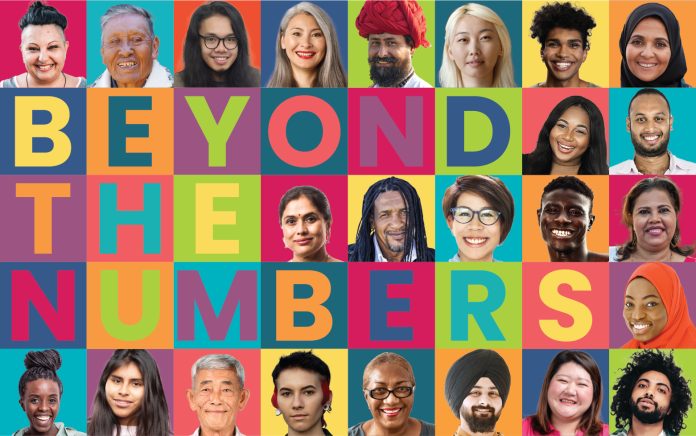July is BIPOC Mental Health Awareness Month
July is Black Indigenous People Of Color Mental Health Awareness Month. Coined by the late American journalist and mental health advocate Bebe Moore Campbell. Created in 2008, BIPOC (also known as National Minority Mental Health Awareness Month), Mental Health Awareness Month focuses on spreading the awareness and effectiveness of mental health resources in BIPOC or minority communities.
According to the website Psychiatry, “Racial/ethnic, gender, and sexual minorities often suffer from poor mental health outcomes due to multiple factors including inaccessibility of high quality mental health care services, cultural stigma surrounding mental health care, discrimination, and overall lack of awareness about mental health.”
Studies show that approximately 11% of African Americans are not covered by health insurance, compared with about 7% for non-Hispanic whites. In addition, within the black community, there are several barriers that prevent many from seeking mental health services. Writer Regan Olsson, in her 2024 article for Banner Health, writes, “Cultural beliefs are deeply ingrained beliefs, values and norms shared by members of a particular cultural or ethnic group. They help shape how people see mental health. In some cultures, mental illness is seen as a sign of weakness or moral failure, which may be why some people avoid seeking help.”
Moreover, the representation of BIPOC in the medical field, while steadily increasing, is still largely underrepresented and that therein also influences the probability of many seeking mental health services. However, in the recent ten to fifteen years, there has been a shift towards the importance of mental health as many public figures such as rapper Kid Cudi, singer-songwriter Willow Smith. actress/producer Taraji P. Henson and more, have become heavily involved in advocating for more access beyond insurance mandates.
Another important element that has emerged over the last decade is the need for culturally competent mental health services. More than just more representation, culturally competent therapy takes it one step further and rethinks and redesigns practices to intentionally root it in the African American tradition. Research shows that most individuals respond to a treatment plan that feels personalized to them and similar to that of a teacher or lawyer when it comes to being sensitive to one’s race, gender, sexual orientation, and socioeconomic background, having a therapist meet that criteria is just as important as well.
Furthermore, with July being BIPOC Mental Health Awareness Month, there are several resources being highlighted and with the impact of the Internet, these services are available to others regardless of geographic location.








